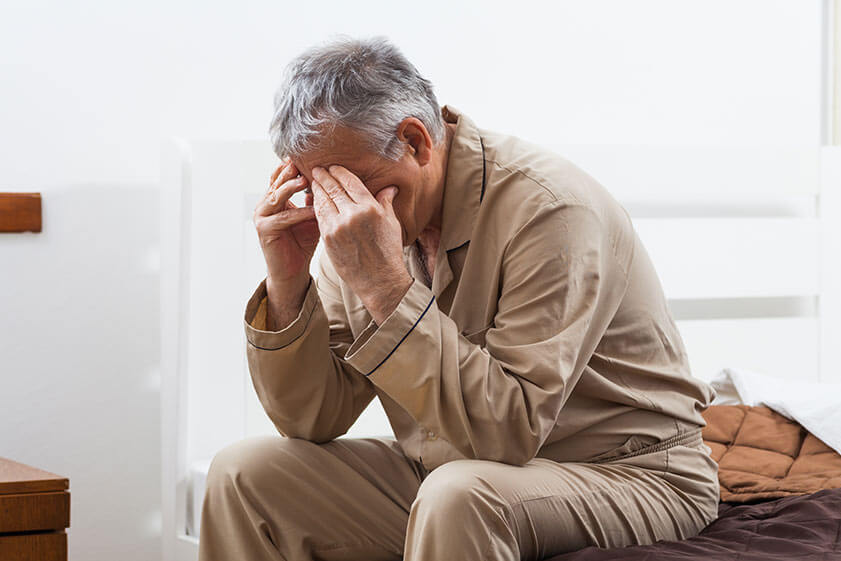To achieve a healthy lifestyle, good nutrition, exercise, and sleep are equally paramount. While most people focus on the first two aspects, sleep is generally relegated to an afterthought. Rather than viewing it as a priority, sleep always comes after you have completed all the tasks for the day. As a society, we have internalized these behavior patterns without realizing the adverse consequences that they can have on our physical and mental health. Once you learn about the benefits of sleep, you will be able to talk about sleep deprivation to loved ones and give them sound advice that can dramatically improve their quality of life.
Why Is Sleep So Important?
Everyone knows that sleep is important but why? Scientific research has shown that sleep acts as a restorative agent for us. Just as keeping your computer switched on for a prolonged period can cause damage, similarly, sleep acts as the “off” button. In sleep, we are no longer cognizant of our surroundings, but a lot is going on internally. There are 4 stages of sleep: awake, light, deep, and rapid eye movement (REM) sleep. Stage 3, i.e., deep sleep, is when our body performs many health-promoting tasks such as tissue repair and growth, cell regeneration, and strengthening of the immune system.
In the last stage, during REM sleep, brain activity resembles the fast-paced activity of our wakeful moments. Thus, the body is quite active. While its exact function is still up for debate, we generally dream in this phase and if we are woken up from REM sleep, we become especially groggy! A person who is deprived of sleep just for one night can show a noticeable cognitive decline and mild memory loss. It was documented that a person who had not slept for 8 nights hallucinated and had psychosis.
What Causes Sleep Deprivation?
Many of our loved ones may know the importance of sleep yet they are experiencing sleep deprivation owing to factors out of their control. For example, pain in the muscles, joints, and elsewhere can cause sleeplessness. This can spiral out of control because the pain may increase owing to poor rest. Another cause of sleep deprivation is urinating at night. Changes in the urinary system cause one to get up frequently and disrupt sleep. Obstruction in the airway or sleep apnea can lead to pauses in our sleep cycle as we are forced to take in sufficient oxygen.
3 Tips to Alleviate Sleep Deprivation
- Ensure that your bedroom is as dark and sound-free as possible. You could get blackout curtains and close your windows for this.
- Maintain a sleep schedule. This means being disciplined to sleep and get up at the same time every day and try to nap for the same duration too. Sudden changes in your sleep schedule are not beneficial for the quality of your sleep.
- Exercise regularly. It has long been shown that those who exercise regularly fall asleep faster and feel well-rested. 30 minutes of moderate exercise every day is a good example of what you can do. Exercise can be a communal activity where you can socialize as well. Fitness experts can coach you to achieve your goals too!







